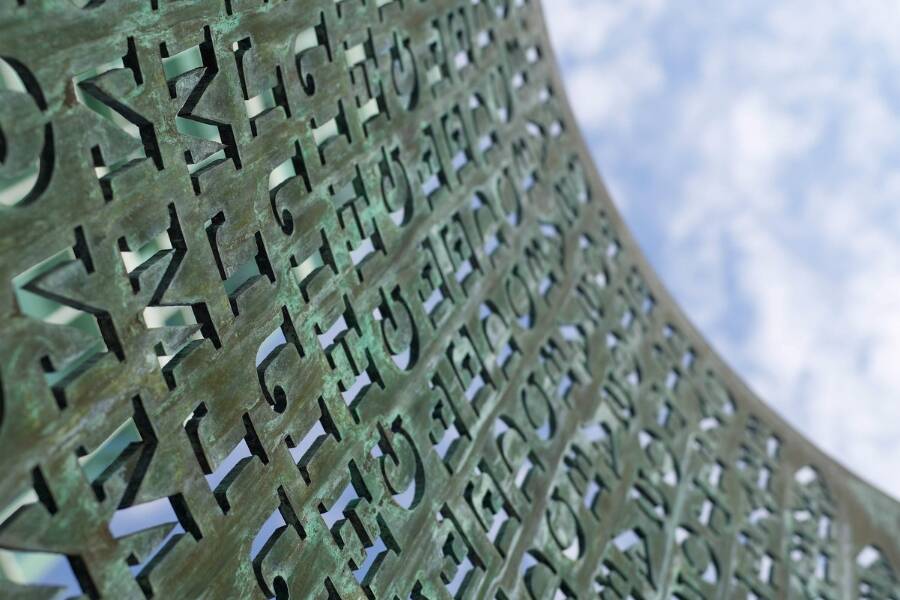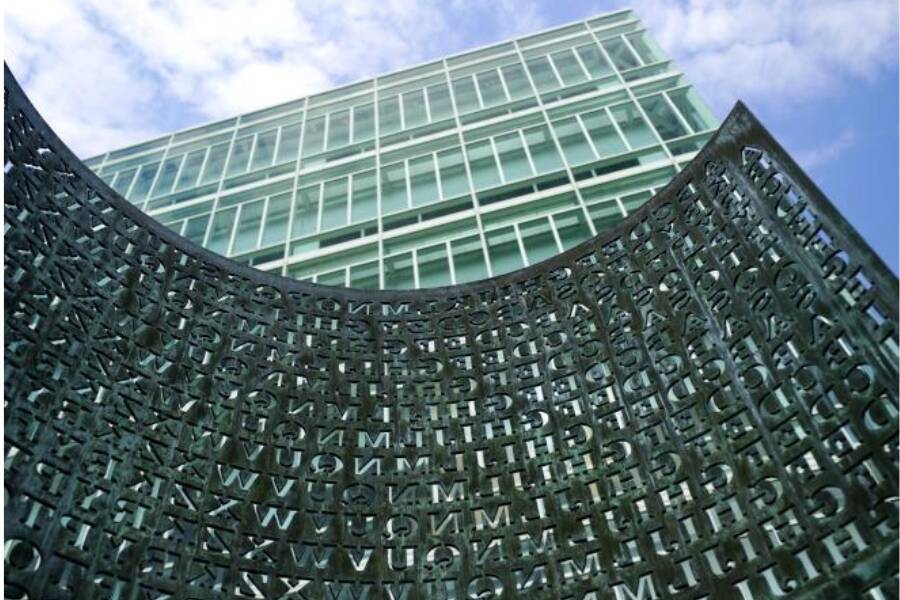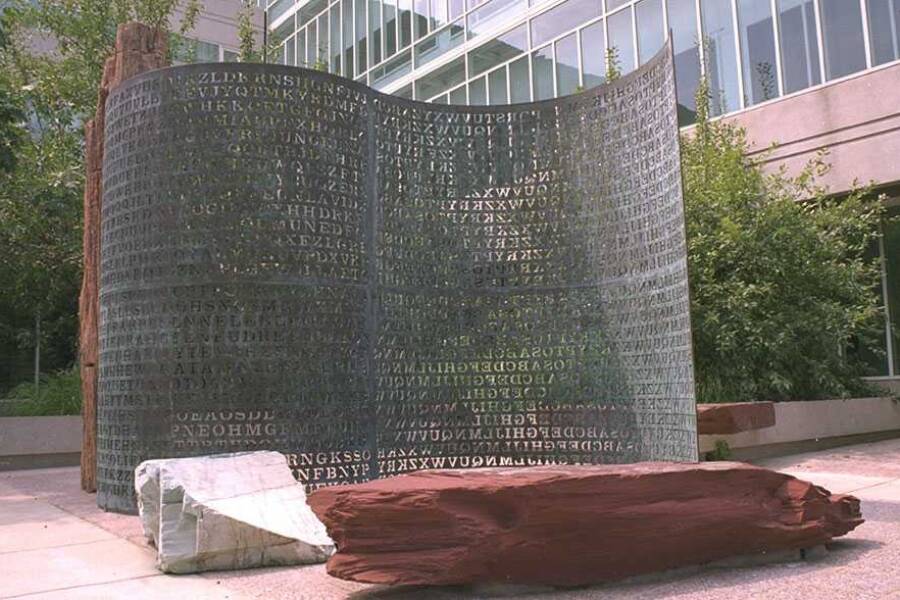We have become very used to political betrayal. How many times have allegedly ‘conservative’ politicians and parties betrayed us? How many times have we got used to these people wrapping themselves in the flag when they needed our vote, but governing as Globalists and woke liberal progressives?
More times than can be counted.
Jupplandia is a reader-supported publication. To receive new posts and support my work, consider becoming a free or paid subscriber.
These people said they believed in low taxes, then raised them. These people said they believed in their country, then attack its history or attack people who want to make it great again. These people said they would oppose crazy spending packages and reduce debt, then support the crazy spending and raise the debt.
These people lunch with their supposed political rivals, and sneer at their own political base.
We have become very familiar with the polite Establishment Republicans, and the Uniparty Republicans, and elsewhere the alleged conservatives in the UK, Australia, New Zealand or Canada who go along with every Globalist policy and every woke agenda just as enthusiastically as their leftist opponents.
But there are other sources of belief and there are other institutions with influence over the direction of our society, aren’t there? There are the Christian churches, each with a hierarchy of ministers and administrators and Bishops and the like, each with considerable resources to apply. What about them?
Mainstream political conservatism has been betraying us for decades. But how much worse is it when that same betrayal comes from what should be our spiritual leaders, the people who more than any others should gird us for the defense of our values, and inspire us to fight to defend our Christian heritage?
These churches and their clergy, surely, should have been the firmest defenses of our heritage, our identity, our Christian morals and values. The Western world, the core of the western world, was once, after all, known as Christendom.
In previous centuries, when Islamic hordes tried to seize and control the West, Christians of strong belief met them, defied them, and defeated them. France (the Kingdom of the Franks) was saved from Ummayyad Islamic conquest by Charles Martel at the Battle of Tours in 732 AD. From the Battle of Covadonga (718 or 722) to the final culmination of the Reconquista and the fall of the Nasrid Kingdom of Grenada in 1492 to the Christian forces of Ferdinand of Aragon and Isabella of Castile, the Iberian Christians battled for centuries to save themselves from Islamic rule. At the naval Battle of Lepanto on the 7th October 1571 the Holy League of Catholic states defeated the Ottoman Empire and ensured that western Europe would remain Christian. Earlier than that, the first great Siege of Vienna saw the 100,000 strong army of Suleiman the Magnificent halted by an opposing Christian force only one fifth as large. In 1683 the Ottomans again besieged Vienna, this time for two months, and again were turned back, this time by a Christian Coalition of the Holy Roman Empire and the Polish-Lithuanian Commonwealth under the joint command of King of Poland, John III Sobieski.
All these Christian armies were armored in the faith, inspired by Popes, and firm in their understanding that Christianity must defend itself. In those centuries, Christian priests would exhort battle against the enemies of Christ, or join the battle themselves, and would not treat the milder passages of the New Testament or the restrained personal example of Christ as an instruction that they should welcome their conquest by another faith or meekly submit to their own destruction. For century after century, Christianity was confident in its right to defend itself and its duty to preserve Christian lands as Christian, to hand these beliefs AND these portions of the Earth together to the next generation.
They even sought to reclaim that which had been lost, as the Crusaders did….a task that did not initiate conquest, but responded to six centuries of Islamic conquest. The crusader cry of Deus Vult (God Wills It!) first chanted as a rallying cry during the First Crusade in 1096, actually came directly from Pope Urban II in a speech to the Council of Clermont in 1095. Robert the Monk’s eyewitness account says that the Pope’s speech was so powerful and moving that the cry went up independently from several voices, all struck at the same time with these words, and that Pope Urban II replied:
“Unless the Lord God had been present in your spirits, all of you would not have uttered the same cry….Let this then be your war-cry in combats, because this word is given to you by God.”
Today, it would be easier to find a Christian priest who sneered at Deus Vult as a Christian version of Allahu Akbar than it would be to find one prepared to describe it as a phrase given to Christians by God. But look at the difference in context and meaning. The Islamic ‘God is great’ has been delivered by those who have always spread their faith by the sword, whereas the Christian ‘God wills it’ was first invoked by those who had already been attacked for centuries. Deus Vult is about picking up the sword to defend Christians after harm has already been inflicted on them. The priests and Pontiffs of the past understood that difference.
They understood that while there is shame and sin in putting innocents to the sword, there is no shame or sin in using martial skill to defend them, their faith and their land from others. Of course Christians have committed atrocities, and individual Christians have been brutal conquerors or venal priests. But there is still a vast gulf between a faith spread first by threat, and a faith spread first by persuasion, just as there is a difference between striking down anyone who stands in your way or for your sadistic pleasure, and resisting violence with violence in defense of your own.
If our priests had been what they are now when earlier Islamic armies threatened the West, the Christian era would have come to an end an awful lot sooner. In the modern world we face an Islamic conquest of the West that the Christian churches actively support. Whilst their own congregations shrink and die, they offer churches up for Islamic and pagan ceremonies, or they instruct their dwindling almost vanished flocks to treat vast numbers of fighting age men prepared to literally invade the West by boat and dinghy as being little lost sheep and lambs of no possible threat to anyone. Many of the NGOs helping the mass immigration invasion of the West are faith based organisations backed by the churches. Many of the remaining priests still at the pulpit are obsessed with the alleged sanctity and angelic splendor of migrants, while utterly unconcerned about the safety and lives of their actual neighbors.
A church in the UK some time ago gave a typical example of this. It was a minor incident but a symbolic one. Old and beautiful stained glass windows showing traditional Biblical scenes were removed and discarded. In their place went a modern stained glass window created by a woke artist to celebrate migrants. Dinghy invaders, most of whom are fighting age unaccompanied men from dangerous places with different (and often disgusting) cultural values, were depicted as flawless, blameless, perfect people (with an unrealistic number of women and children) just dreaming of safety.
The churches no longer have anything to say that speaks to their people, because they aren’t in the least bit concerned with the people from whom their congregations once came. They are in love with the exotic and the alien, and at war with the familiar and the citizen. Their feet are set upon narcissistic paths of woke virtue signalling, rather than on the path of real virtue and real values.
Nor do they seem to have any significant interest in Christianity. What they seem to do for a living is try to find Christian texts and instructions which, once vigorously deprived of all context and cherry-picked and deliberately misinterpreted, can be used to validate the beliefs and causes they do care about, which are woke ones.
Listening to the modern woke priest or alleged Christian is no different to listening to a Just Stop Oil campaigner or a rabid Donald Trump hater or a George Soros purchased District Attorney. These people are not the clergy of Christ, they are another branch of the clerisy of Wokeness. They are radical left social workers and activists, all the way up to figures like the Protestant Archbishop of Canterbury and the (anti) Catholic Pope Francis. The current Pope in particular is a checklist of Globalist and leftist progressive cliches who seems barely aware that the organisation he heads is not the Eu, the UN or the WEF but a church representing 1.2 billion people, many of whom are not woke.
Even sympathetic fellow Globalist progressives struggle to present the current Pope as anything other than their guy in the Vatican. Here’s Wikepedia on the things that Pope Francis really care about:
“He maintains that the Catholic Church should be more sympathetic towards members of the LGBT community…Francis is a critic of unbridled capitalism, consumerism, and overdevelopment, he has made action on climate change a leading focus of his Papacy,,,in international diplomacy, Francis has criticized the rise of white-wing populism….helped to restore full diplomatic relations between the United States and Cuba, negotiated a deal with China to define how much influence the Communist Party has in appointing Chinese bishops, and has supported the cause of refugees…calling on the Western World to significantly increase immigration levels.”
So, a Pope who does deals with Communism, which has persecuted Catholics and Christians in China for a century and still does, and who shares Marxist attitudes to capitalism. A Pope obsessed not with Christian imagery and the Kingdom of Heaven, but with the secular apocalyptic belief system of Climate Change. A Pope who shares the hilarious (but also deeply hypocritical and authoritarian) progressive obsession with an imaginary ‘far-right threat’ and such Globalist dog whistle fictions as ‘dangerous Christian Nationalism’. A Pope who sees millions of traditional Catholics and ordinary white people as a threat. A Pope with an Antifa student understanding of economics, opposed to the very thing that has made the West successful. An Open Borders Pope who sounds like the writer of a Guardian newspaper opinion column.
The list goes on to praise Pope Francis for apologizing for the Church’s role in the “cultural genocide” of indigenous Canadians, an apology based on a complete fiction representing a kind of blood libel against white Canadians of European descent (the ‘native genocide’ scandal was based on allegations of mass graves which have never been found and confirmed but which did result in attacks on Catholics and racism towards white people).
Pope Francis does indeed represent many Christians. Unfortunately he represents the ones who enter a Christian church mainly to destroy it from within or turn it into a semi-Marxist outfit ranting against capitalism and white people. He is the long march through the institutions when that march reaches the final peak in church hierarchies. And his views are exactly the same as the views of any member of the new global elite.
There’s nothing specifically Catholic about him. He might as well be Netflix, or Barack Obama.
And this is fairly typical of ALL the Christian churches and their leaders. Justin Welby, the head of the Anglican Church, might as well be a Labour politician. Most of his thoughts and sermons seem geared towards the exact same things as those given by Pope Francis. Support for open borders, support for migrants and refugees, support for the idea of Christianity not as a serious faith with a 2,000 year old history but as a shoddy modern grab bag of the most asinine ideas available today, a portmanteau of progressive cliches and hypocrisies. Welby has driven traditional minded portions of the Anglican communion away, inspiring a large portion of what was the global Anglican church to break out in open rebellion. Meanwhile, the churches in the UK are empty and the mosques are full.
Or how about the Baptists, who are somewhat bigger in the US than they are in the UK, but likewise seem to mainly consist of representatives who only think of Christianity as a sort of code for wokeness, a traditional language you can translate wokeness into to support woke conclusions. The Baptists have had some very loud voices who have spent every waking moment from 2016 on attacking Donald Trump and attacking Christian evangelicals who support Donald Trump. Just yesterday for instance Baptist News Global published a fairly representative example of Trump Derangement Syndrome, in the form of a hysterical opinion piece by Martin Thielen describing Trump as “the most anti-Jesus President in American history” and “the second most dangerous threat to American Christianity.”
Predictably Thielen sees evangelicals as the only threat bigger than Trump, calling them hypocrites and deriding their branch of socially traditional Christianity as “dangerously toxic”. Even the langfuage he deploys is the language of a woke censor, a progressive authoritarian howling down anyone who isn’t exactly the same as them while claiming to be the champions of empathy and diversity. Laughably, he takes the only branch of Christianity that is growing, and claims that it is responsible for the dying and declining congregations people just like him preside over.
But all this inversion of reality and betrayal of traditional Christians is not expressed as a cogent series of rational points. Thielen doesn’t even bother to construct his article as an essay. It is instead simply an outraged howl showing a total fanatical commitment to every single lie that has ever been issued by the Democrat Party or by Never Trumpers about the object of their loathing. Thiel asks why evangelicals aren’t as offended by Trump as he is. After the tiresome invocation of the pussy grab quote he continues a rhetorical series of increasingly unhinged accusations masquerading as true points. Why aren’t evangelicals offended by:
“By a jury of his peers finding him liable sexual assault? By his rampant sexism? By his lack of character? By his lack of decency? By his endless lies? By his criminality? By his threats to democracy? By his admiration of dictators? By his mocking of disabled persons, POWs and victims of sexual assault? By his frightening language about immigrants being “vermin” and people who are “poisoning our blood”? By his fearmongering? By his hatred? By his chronic anger and rage? By his politics of revenge and retribution? By his racism? By his pathological narcissism? By his lack of any evidence of Christian faith, morals and values.”
It doesn’t occur to Betrayal Christians like Thiel that Real Christians might not see the things he sees, because the things he sees aren’t real. Because they are distortions and lies, or because they take metaphorical comment as real, or because they take comments deliberately at their worst and out of context, or because they refer to accusations that only represent HIS hate and the hate that people like him have towards anyone who challenges them. Fearmongering? That’s wicked and un-Christian…but not when you apply it to Trump in ways that prompt assassination attempts? Not when you decide that everyone evangelical, or MAGA, or white, or Republican, is sub-human?
All this was written after rhetoric like it prompted a fellow lunatic to fire shots at Trump and kill an innocent man in Trump’s audience. But the moderate Christian Thiel still writes this self-blind trash, this stuff which is more directly linked to violence and hate than anything Trump has ever said.
People like Thiel in the allegedly Christian churches, just like people such as Robert Reich in politics, do not see that they are the ones filled with hate, and they are the ones most likely to take authoritarian measures to express that hate.
And they have that blindness because they are NOT Christians themselves. They serve the religion of Woke. They serve Globalist idols. They just do it from with the cover of a claimed Christian identity. It’s no more real than a man putting on a dress and claiming to be a woman. Only its more cynical. Some of those are genuinely tortured by a mental illness. Pretend Christians who spend all their time attacking real Christians and all their energy supporting globalist causes, are more like people who put on the uniform of a nation they wish to betray.
The churches have a thousand Benedict Arnold’s at their head.
Look at another ‘moderate’ Christian like the Jesuit James T. Keane. Keane also hates Donald Trump. He also hates traditional Christians and Christians brave and honest enough to oppose progressive orthodoxy. In 2020 Keane celebrated the excommunication of Archbishop Carlo Maria Viganò in an article in America The Jesuit Review. Keane too shows all the standard prejudices. Vigano, who opposed LGBTQ+ activism and had accused the Pope of being aware of child abuse, was described as a spreader of conspiracy theories (with no attempt to investigate the claims). But the entire article makes it clear that the real crime was writing a supportive letter addressed to Donald Trump. That, today, counts as heresy for Woke Catholics.
Or how about those Christians leaping to defend the Olympic games, tell us that no reference to the Last Supper was intended, and gaslighting us all in defense of an event that deliberately mocked their supposed faith? It’s curious that these are the leading Christians who never speak up when ancient Christian communities in the Middle East are destroyed, who have had nothing to say about Islamic genocides of Christians in history or happening today, who have no thoughts on the kidnap and rape of Christian girls in Nigeria or the grooming of and rape of nominally Christian British children by generations of Muslim rape gangs.
All the things that might have outraged a real Christian a century ago, do not outrage them. Why is that?
All the thing that truly threaten Christian populations do not frighten them. Why is that?
All the things that do outrage real morality and do threaten real Christians are things they tell us to love and understand and praise. Why is that?
The truth is that professional Establishment Christians have been as much on the other side, as professional Establishment conservatives have. Even now they are telling us that anyone who defends us is a racist, a bigot, a far right threat. Even now they are telling us that the enemies they let into our society are actually our friends. Even now they seem caring and compassionate only to people who invade our shores or groom our kids, with no care or compassion left for us. Even now they tell us that we should respect those who offer no respect to us, and protect those who only seem to mean us harm.
Chad Klinger
 The Rise of the New No...Hopkins, C. J.Best Price: $3.59Buy New $9.24(as of 09:44 UTC - Details)
The Rise of the New No...Hopkins, C. J.Best Price: $3.59Buy New $9.24(as of 09:44 UTC - Details) Donald Trump is not going to end America’s non-existent “democracy” if elected and rule the United States as an iron-fisted dictator, and he’s certainly not going to be some kind of populist hero who leads a revolution against the Deep State. He will govern as your standard evil Republican president who is evil in all the usual ways US presidents are evil, just like he did during his first term. His administration will continue to fill the world with more war machinery, implement more starvation sanctions, back covert operations, uprisings and proxy conflicts, and work to subjugate the global population to the will of the empire, all while perpetuating the poisoning of the earth via ecocidal capitalism, just as all his predecessors have done.
Donald Trump is not going to end America’s non-existent “democracy” if elected and rule the United States as an iron-fisted dictator, and he’s certainly not going to be some kind of populist hero who leads a revolution against the Deep State. He will govern as your standard evil Republican president who is evil in all the usual ways US presidents are evil, just like he did during his first term. His administration will continue to fill the world with more war machinery, implement more starvation sanctions, back covert operations, uprisings and proxy conflicts, and work to subjugate the global population to the will of the empire, all while perpetuating the poisoning of the earth via ecocidal capitalism, just as all his predecessors have done.


















